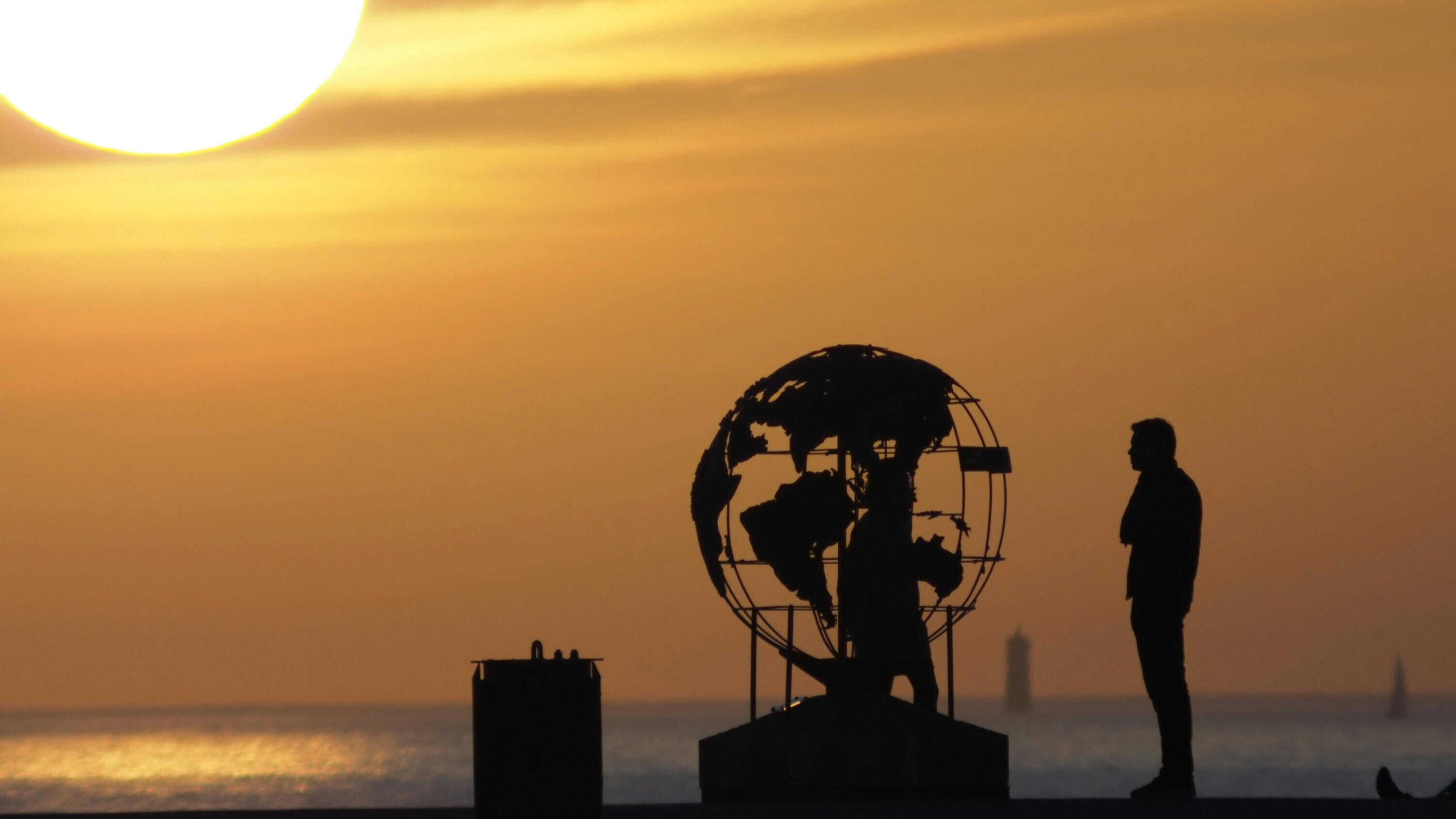
Following the successful distinguished lecture series launched in 2022 in support of the International Year of Basic Sciences for Sustainable Development (IYBSSD), the International Science Council GeoUnions are launching a new lecture series in recognition of the ratification by the United Nations of the International Decade of Sciences for Sustainable Development (IDSSD).
The lectures are aimed at highlighting the importance and role of science in achieving the Sustainable Development Goals and will be of interest to researchers and students.
The first in the new online series is to be presented by Professor Ferdinando Boero of the University Federico II, Napoli on 10 September 2024 at 13:00 UTC. Attendance is free.
The world ocean covers 71% of the surface of the planet and, with about 4000 m of average depth, its volume represents more than 90% of the life-inhabited space. Land-based life, furthermore, depends on ocean-based water cycles, coupling atmospheric with oceanic dynamics. The great ocean conveyor connects all oceans in a single grand system, triggered by ice formation at the poles, where oceanic deep waters are generated, bringing oxygen in the dark deep sea. The shape of the coasts and of the sea bottom define coherent spaces where ecosystem processes take place: the cells of ecosystem functioning are natural units of management and conservation characterized by high internal connectivity among the living components through three types of fluxes. Ecosystem functions are usually studied by distinct disciplines focusing on biogeochemistry (extraspecific fluxes of non living matter that flow “outside” species), life cycles (intraspecific fluxes of living matter that flow “inside” species through a sequence of generations), and trophic networks (interspecific fluxes of living matter that flow from species to species). The three fluxes determine ecosystem functioning and must be framed both spatially and temporally, so as to manage our activities according to a knowledge-based ecosystem approach towards sustainability. As terrestrial animals we are used to define ecosystems by the vegetation, but this is not possible in the ocean: the sea bottom is just a portion of the oceanic domain and most of the “environment” is represented by the water column, where large plants are absent. Furthermore, the greatest majority of the oceanic space is in the dark, and is dominated by animals and microbes; oxygen reaches the deep through downwelling currents and by the recently discovered dark oxygen production. The bulk of oceanic primary production derives from the metabolism of photosynthetic microbes (the phytoplankton) that are invisible to us. They are the food for herbivores that can be either benthic or planktonic (the herbivorous zooplankton, mostly composed of small crustaceans) that, in their turn, are the food for tertiary producers, including the planktonic larvae and juveniles of fish which grow up and, as adults, start to eat each other and to be the major food source for higher trophic levels, from sharks to marine birds and mammals. In the dark there are no primary producers and trophic networks are based on a continuous flow of detritus (marine snow) that sustains detritus feeders and the carnivores that feed on them. These aspects are mostly studied by reductionistic approaches that reduce the complexity of ecosystems and that must be assembled into a single, holistic vision. The ecological transition processes that determine the functioning of ecosystems and will plan our activities while taking care of not compromising the health of the living planet.
You can join the Zoom session directly by clicking the button below.
Photo by Rafael Garcin on Unsplash
 events
events
 events
events